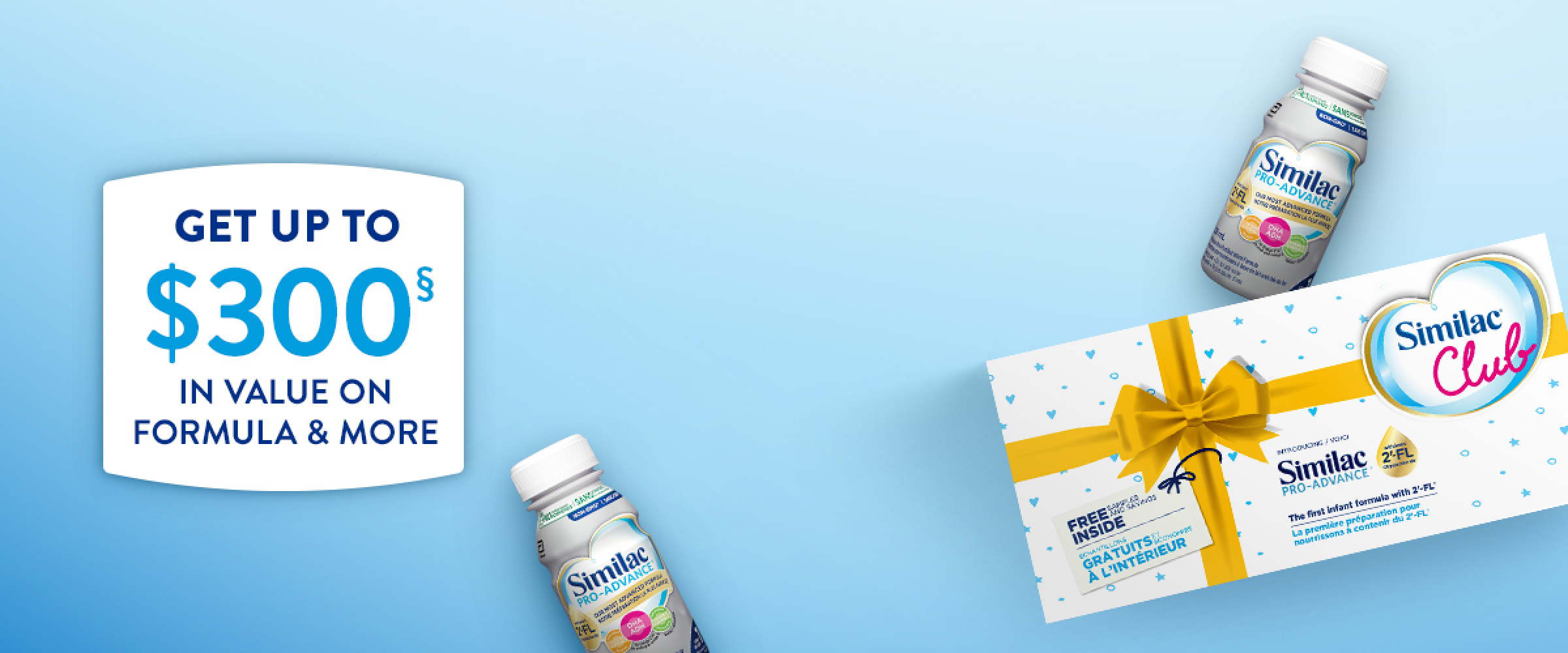DHA (the acronym for docosahexaenoic acid), an omega-3 fatty acid, is one of the building blocks of the fetal brain and eyes. Therefore, including DHA-rich foods, such as recommended fatty fish, during pregnancy is important.
During pregnancy, DHA is transferred to the baby through the placenta and accumulates in the baby’s brain and eyes, especially during the third trimester, when there is significant brain growth. After he is born, the baby will get DHA through breast milk or infant formula. DHA supports the normal physical development of your baby’s brain, eyes, and nerves. While Health Canada has not published official recommendations for the amount of DHA pregnant and lactating women should consume, they are encouraged to include at least 150 g of cooked fish (see Health Canada. Food and Nutrition - Prenatal Nutrition Guidelines for Health Professionals - Fish and Omega-3 Fatty Acids. 2009) every week because they contain omega-3 fats and other important nutrients.







